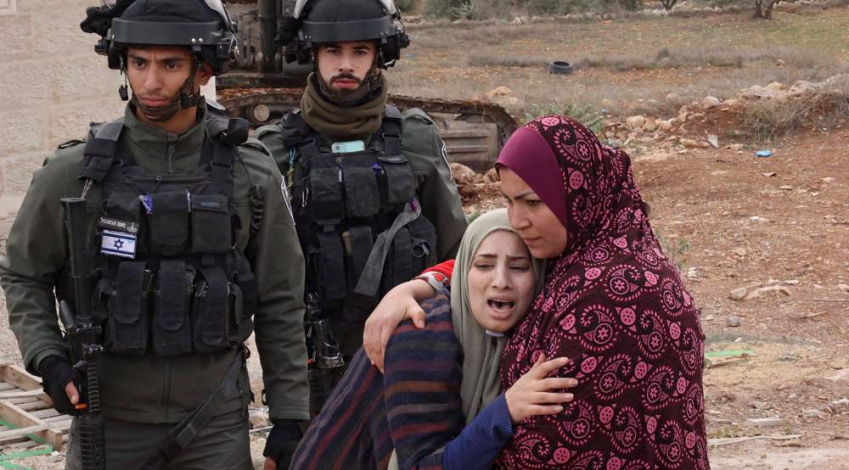Thursday 14 April 2022 - 14:29
Story Code : 395629
Iran: Terrorism, foreign invasions main threats to Middle-Eastern womens security
Zahra Ershadi made the remarks on Wednesday in an address to the high-level open debate on the theme conflict-related sexual violence: accountability as prevention ending cycles of sexual violence in conflict organized by the Security Council.
The primary threats to the security of women in the Middle East, including foreign occupation, invasion and terrorism, totally disregard the rights and lives of women, Ershadi said.
The senior Iranian diplomat said the heinous crime of sexual violence is commonly used as a tactic in military conflicts and acts of terrorism, which mainly targets women, girls, and other vulnerable groups.
Armed conflicts also involve risks of human trafficking, which similarly affects women and children either forcefully displaced or fleeing their countries.
Ershadi said the four Geneva Conventions and their two Additional Protocols explicitly and implicitly condemn different forms of sexual violence as serious violations of humanitarian law, with all States and non-State parties to the conflict being duty-bound to comply with the relevant obligations.
Despite all the existing laws, she added, preventing and combating that inhumane practice requires a collective effort and will not be successful until its root causes namely the circumstances surrounding the occurrence of an armed conflict are addressed.
Unfortunately, as long as terrorism, violent extremism, foreign occupation and foreign interference persist, such a solution will remain elusive, she said.
As cases in point, Ershadi referred to the situation of Palestinian women, whose land has been under Israeli occupation for decades, and women in Afghanistan, which has been ravaged by two decades of militancy and foreign invasion.
The situation in Afghanistan, where the Taliban have recently taken over state affairs, is gravely affecting womens rights, she said.
Citing a UN report, the Iranian official said Afghan women and girls are the target of widespread systematic violence as part of a campaign to impose restrictions on their social and political lives.
Afghan womens right to educate, work and political inclusion must be recognized by Taliban, Ershadi said.
Ershadi reiterated that Irans position on the debate's topic, saying issues concerning women and girls should be dealt with by the General Assembly and other United Nations bodies, and that the Security Council should only address those issues if they are directly related to international peace and security.
In Security Council resolution 1820 (2008), conflict-related sexual violence was first established as a self-standing security issue over a decade ago.
Despite the robust resolutions, conventions and treaties that have followed, sexual violence continues to occur in many conflicts across the world, with almost total impunity, according to the world body.
By PRESS TV
# Tags











